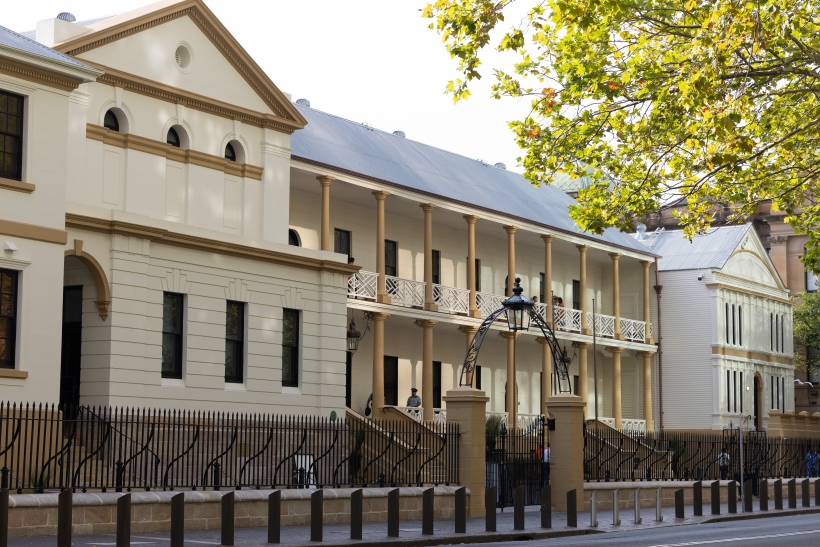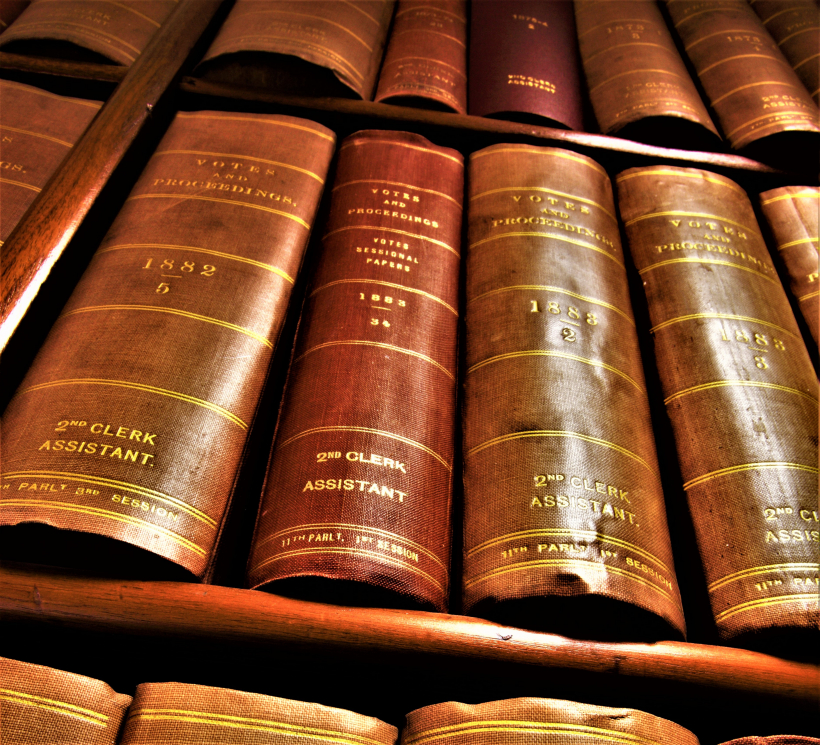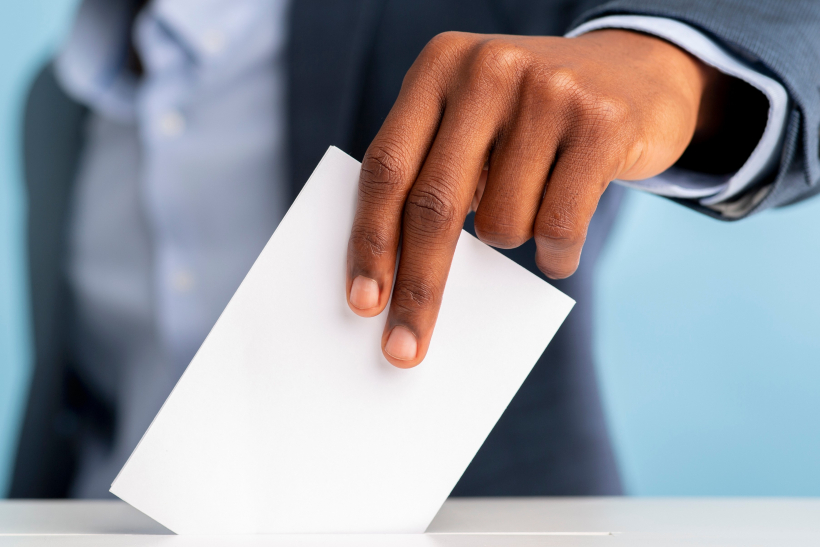Learning Outcomes
- Describe the roles and responsibilities of Australia’s three levels of government
- Explain what the concept ‘division of powers’ means
Syllabus Links
Core 4: Law, Society and Political Involvement
- Describe the roles and responsibilities of the three levels of government, including the division of powers
- A Site Study visit to the NSW Parliament may be integrated with the study of Commerce to provide an opportunity for students to explore the processes that take place in the state parliament.
See our Secondary Excursion Guide to organise a visit to NSW Parliament.
What are The Three Levels of Government?
Australia has a constitutional system of government which operates from a set of rules and structures based on a written document called a constitution. The Australian Constitution, which brought Federation into existence in 1901, sets out the rules by which Australia is to be governed.
In this type of democratic system no one level of government can control all the laws and activities in the nation. This is referred to as the division of powers. The division of powers in Australia has created three levels of government:
- The Australian Parliament in Canberra
- State and territory parliaments
- Local councils
Each of these levels of government has its own powers, responsibilities and provides services for the people of Australia. Each of them is elected by the people they provide services for.
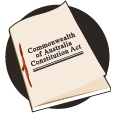

Section 51 of the Commonwealth Constitution outlines the powers of the Federal Parliament to make laws for the nation. The Federal Parliament can only make laws in areas listed as within their power. These laws are administered by the Australian Government, also known as the Executive.
What Is Each Level of Government Responsible For?
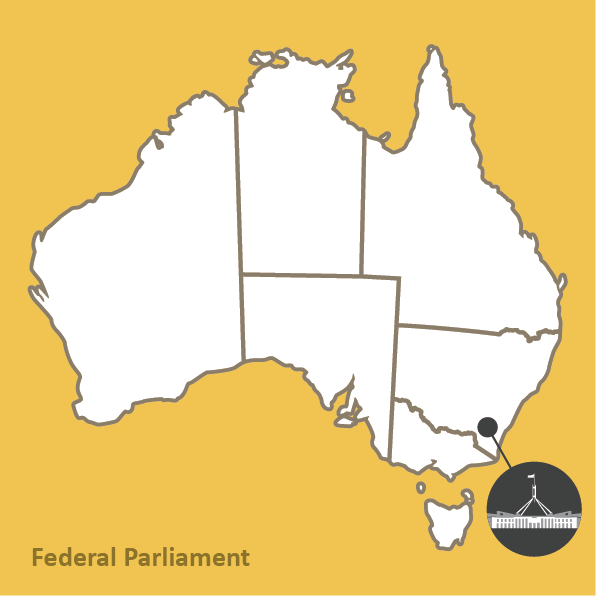 Federal
Federal
The Federal or Commonwealth Government is responsible for uniquely national issues like defence and foreign affairs, trade, commerce and currency, immigration, postal services, telecommunications, broadcasting and the internet, air travel, most social services and pensions, federal elections, the electoral roll. The Federal Government also collects income tax and GST and redistributes this to the States and Territories so they can fund their responsibilities.
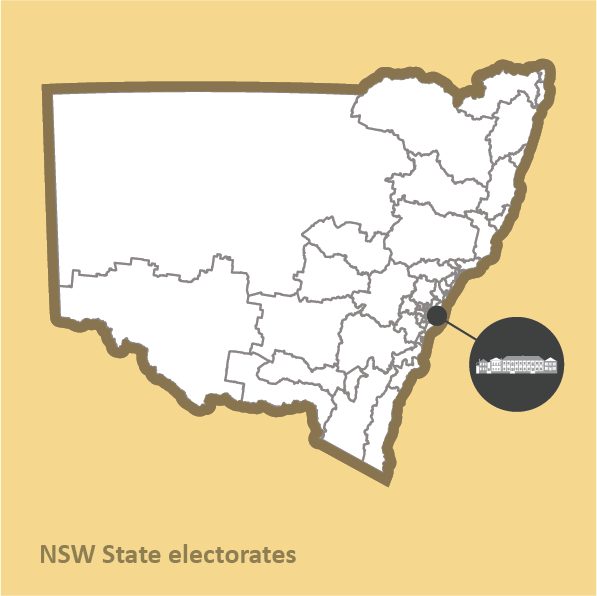 State or Territory
State or Territory
Under the Australian Constitution, the States are responsible for everything not listed as a Federal responsibility. However, sometimes both levels are involved. Major State responsibilities include schools, hospitals, conservation and environment, roads, railways and public transport, public works, agriculture and fishing, industrial relations, community services, sport and recreation, consumer affairs, police, prisons and emergency services, state and local government elections.
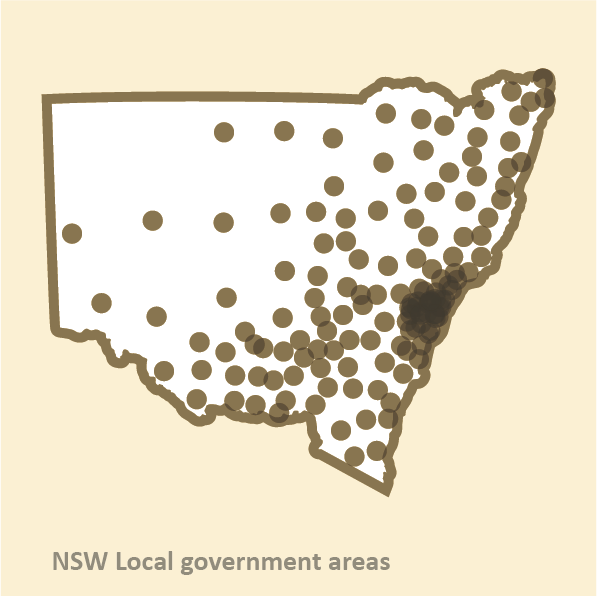 Local
Local
Local Government areas vary greatly in size and character. The power of local governments is controlled by Acts of State Parliament called Local Government Acts. Local Councils are concerned with matters such as building regulations and development, public health, local roads and footpaths, parks and playing fields, libraries, local environmental issues, waste disposal, and community services.
What Level? |
Leader |
Law-making Body |
Some Key Responsibilities |
| THE WHOLE NATION |
Prime Minister |
Federal Parliament in Canberra House of Representatives with 150 members representing separate electorates (including 47 in NSW) Senate with 76 members 12 from each state, 2 from each of the two territories |
|
|
STATE AND TERRITORY (6 states, 2 territories – NT and ACT) |
Premier (or Chief Minister in territories) |
In NSW New South Wales Parliament on Macquarie Street in Sydney Legislative Assembly with 93 members representing 93 electorates Legislative Council with 42 members representing the whole State |
|
|
LOCAL AREA More than 560 in Australia 129 in NSW |
Mayor (or Lord Mayor) |
City, Municipal or Shire Council Local government administration offices are located in important local centres. Councils have between 5-15 Councillors. Each usually represents one section (Ward or Riding) within the local government area. |
|


